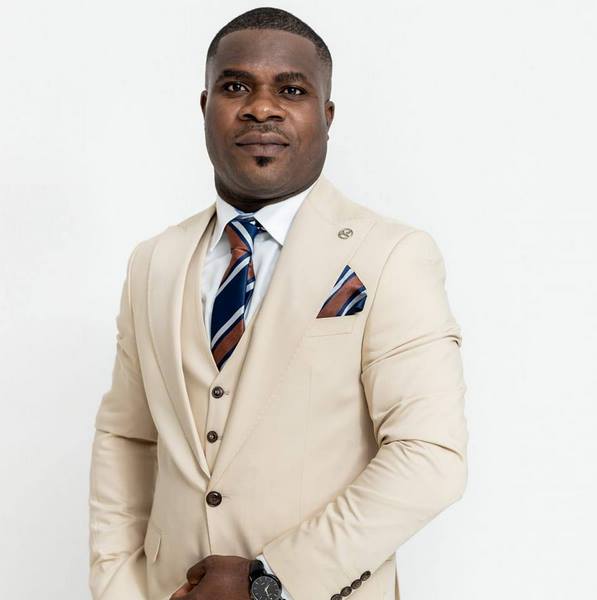To the nurses of Ghana, the tireless guardians of our nation’s health, I write with deep respect and a heavy heart. I understand the pain, the exhaustion, and the frustrations that have driven you to take the difficult step of striking.
Your demands for fair pay, improved working conditions, and relief from burnout are not only legitimate but urgent. No one should have to endure the daily struggles you face in our health facilities.
Your fight for justice is valid, and the government must accelerate its efforts to genuinely honour its commitments and bring about a swift resolution.
Yet, as you stand firm in your protest, I ask you to pause for a moment and consider the profound impact of your absence—not as a critique, but as a reminder of the sacred responsibility you carry. In this country, nursing is more than a profession; it is a calling deeply woven into our cultural fabric—a symbol of care, compassion, and community.
It is a trust placed in you by every mother who brings her newborn to your care, every elderly father hoping for comfort in his twilight years, and every expectant woman praying for a safe delivery.
Right now, those prayers are echoing in hospitals and clinics left dangerously understaffed. The vulnerable children, the elderly, and pregnant women are the ones bearing the heaviest burden. Lives that could be saved, suffering that could be eased, and hope that could be restored are slipping through the cracks.
It is heartbreaking to witness, even from a distance, the avoidable loss of life unfolding in the absence of those who know best how to heal.
I do not blame you. The health sector’s challenges are real and complex, and the government must respond with urgency and empathy to your demands. But I ask you to weigh those systemic failings against the immediate human cost.
Every day without nurses on the frontlines is a day our people face heightened risks—a fragile child with pneumonia left to struggle without care, a mother laboring alone, an elderly patient deteriorating without comfort or timely attention.
Our nurses are the backbone of Ghana’s healthcare system. When you walk out, the system falters, and it is the most defenseless among us who pay the price. In Ghanaian society, where the value of “Obra pa ne Nyame” (a good life is from God) holds deep meaning, the nurse’s role is sacred—a guardian of life entrusted with the well-being of the community.
This is not just a job; it is a moral covenant to preserve life and dignity.
I ask you, in the spirit of that covenant, to consider returning to work even as negotiations continue. Your presence in hospitals can mean the difference between life and death for thousands.
It can restore a measure of peace to families anxiously waiting in wards, fearing the worst. It can reaffirm to the nation the enduring power of compassion and selflessness.
Your sacrifices are acknowledged and honoured. Burnout is real, and it is cruel to expect superheroes to work without respite or reward. But your role is irreplaceable, and your compassion unmatched. We need you back—not just as nurses, but as pillars of hope in this moment of crisis.
Let us not allow the necessary fight for better conditions to overshadow our shared humanity. The true victory lies in unity between you, the government, and the people you serve. We must engage in open, honest dialogue that respects your rights and safeguards the lives entrusted to your care.
Together, we can demand systemic reforms and advocate for fair treatment without forsaking the vulnerable lives that depend on your expertise and kindness every day. The road ahead is challenging, but it is not impassable. It calls for courage, empathy, and, above all, unity.
To the nurses of Ghana, I say this: your work saves lives. Your compassion heals wounds unseen. Your presence restores hope. Please come back to the wards. Ghana needs you now more than ever.
To the government and stakeholders, I urge immediate and sincere engagement with the concerns of our nurses. Let this be a moment not of division, but of solidarity, where every Ghanaian’s right to quality healthcare is upheld.
In the spirit of care, courage, and collective responsibility, let us walk this path together.
Your immediate return is not a surrender of your rightful demands; it is an act of extraordinary humanity. It demonstrates that even amidst your struggle, the sanctity of life remains paramount.
Please, return to your posts. Go back to the wards, to the bedsides, to the operating theatres. Look into the eyes of the mother whose child struggles to breathe, the elderly patient weakening without care, or the accident victim desperately awaiting your life-saving touch. These are our families, our neighbours, and vulnerable Ghanaians whose very survival depends on your skill and dedication.
ALSO READ:



